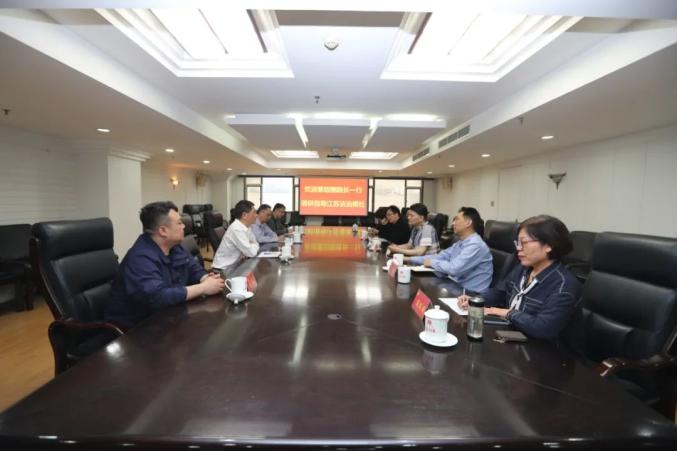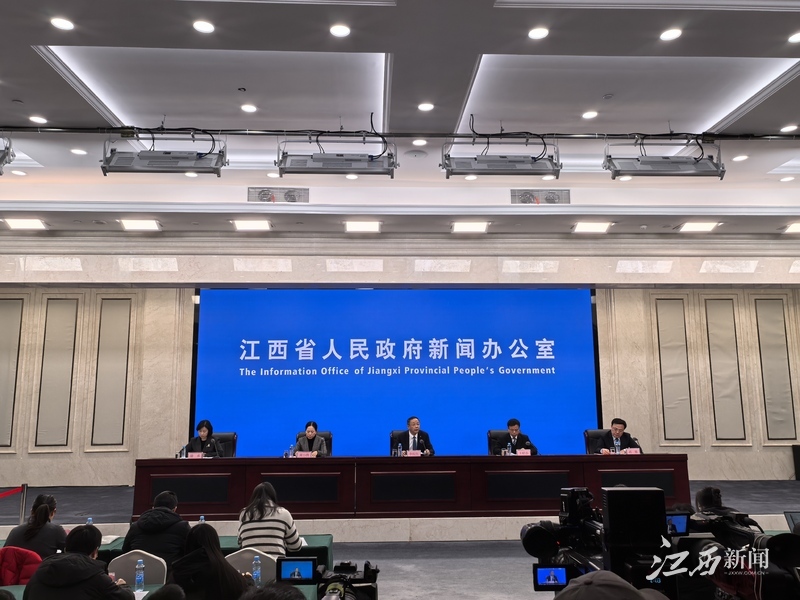China's Silence Is Deafening! The US Defense Minister’s Call Request Was Coldly Processed. What Signal Does It Send?
China's Silence Is Deafening! The US Defense Minister’s Call Request Was Coldly Processed. What Signal Does It Send?
US Secretary of Defense Austin made a request to communicate with Chinese Secretary of Defense Dong Jun in November 2024, but encountered a situation where China did not respond. This way of handling has attracted widespread attention on the international stage. It's more than just a simple rejection

US Secretary of Defense Austin made a request to communicate with Chinese Secretary of Defense Dong Jun in November 2024, but encountered a situation where China did not respond. This way of handling has attracted widespread attention on the international stage.
This is not just a simple rejection, but also a strategic response from China to the United States policy, reflecting China's firm position and smart choice when safeguarding its core interests.
In the past two years, the United States has made frequent moves in the Asia-Pacific region, while strengthening its military deployment and trying to ease tensions through dialogue.
In April 2024, Austin and Dong Jun had a video call to discuss the security issues of the South China Sea and the Taiwan Strait, but that exchange did not bring about substantial changes. The United States then continued to promote arms sales to Taiwan, with a total amount exceeding the previous level. This dual strategy reminds people of the United States’ previous model in international affairs: seeking communication on the surface, and actually promoting containment.
In contrast, China chose not to respond to Austin's proposal for the meeting during the Lao ASEAN meeting in November 2024 because the United States just approved a $2 billion weapon sale to Taiwan, which is directly exposed to China's core interests.
The signal of this silence is very clear, and China requires the United States to take practical actions to prove sincerity, rather than covering up its military expansion by just words.
In the past, senior military leaders of China and the United States have interacted many times, such as the face-to-face meeting at the Shangri-La Dialogue in Singapore in May 2024. Although the two sides exchanged views at the time, the United States still deepened alliance cooperation with Japan and the Philippines after the meeting and deployed medium-range missile systems.
Compared with the previous one, the United States' actions were more systematic, changing from occasional cruises to normalized joint exercises, while China safeguarded its rights and interests in the South China Sea by strengthening coast guard patrols and diplomatic efforts. The cold handling of Austin's request is actually a reminder to the United States that the opening of communication channels must be based on mutual trust, rather than unilateral pressure.

This response reflects the mature evolution of China's diplomatic strategy. As early as 2023, the United States tried to establish more hotline mechanisms, but China has always adhered to the principle and could resume in-depth exchanges only when the United States stops interfering in its internal affairs.
In the second half of 2024, the United States' policy of relaxing first and then tightening on chip exports also exposed the short-term nature of its negotiations. China is not in a hurry to respond precisely because it recognizes that the U.S. proposals often serve its "Indo-Pacific strategy" aimed at delaying time through dialogue while strengthening the encirclement.
Today, China pays more attention to substantial progress, such as promoting negotiations on codes of conduct in the South China Sea under the ASEAN framework, which is in sharp contrast to the unilateral intervention of the United States, showing that China has shifted from passive response to actively shaping the regional pattern.

This cold treatment reveals China's clear understanding of the US strategic intentions. The US Defense Secretary seeks a call, with the intention of managing the crisis and avoiding unexpected escalation in the South China Sea or the Taiwan Strait. However, after evaluation, China believes that the United States has not adjusted its policy toward Taiwan and even approved new arms sales before the meeting in November 2024, which makes any dialogue lack a foundation.
Historically, military communication between China and the United States has been interrupted many times, such as after Pelosi's visit to Taiwan in 2022, but now China chooses to wait cautiously, which reflects strategic patience.
Unlike past quick responses, China now emphasizes action first, forcing the United States to reflect on its "one-sided" approach. This transformation not only safeguards national dignity, but also establishes China's image as a responsible major power internationally.

The specific dynamics in the South China Sea further support this signal. In the first half of 2024, the Philippines sent ships to approach China's islands and reefs many times, and the Chinese Coast Guard intercepted them in accordance with the law to safeguard sovereignty.
The United States used this hype, and Austin publicly accused it, but China proved that the actions were compliant by publishing evidence videos. This is in contrast to the reports that the US media prefers allies, and China's handling method focuses more on facts and international law.
In the first half of 2025, the frequency of incidents in the South China Sea increased, but China has reached a preliminary consensus with ASEAN countries through multilateral diplomacy, promoting cooperative development and gradually resolving frictions.
The United States tries to ease through calls, but China's silence shows that the reality cannot be changed by form alone, such as the number of US warships entering the waters of Huangyan Island increased from occasionally in 2023 to normal in 2024.
The Taiwan issue is also a key focus. After the Taiwan election in January 2024, the United States immediately increased military aid and shifted from small weapons to advanced missile systems. China protested many times, but the United States insisted. China's cold handling of Austin's request conveys the message: the United States needs to stop playing the "Taiwan card", otherwise high-level dialogue will be meaningless.

This is different from the call in April 2024. Although it touched Taiwan at that time, it did not stop the United States from following actions; now silent emphasizes that China will not relax its vigilance due to short-term communication. China has increased its number compared with the previous year by enhancing its flight orbit and missile defense.
The deepening of the United States and Japan alliance has also intensified the differences. In 2024, the United States-Japan joint statement emphasized the importance of Taiwan and expanded the scale of military exercises. China responded through a joint cruise with Russia, doubled its frequency.
China's silence aims to warn that this expansion will amplify and instability and that China will use its own means to reduce the threat. Compared with the past, China's strategy focuses more on balancing the economy and military, such as the "Belt and Road" project assists ASEAN, which has increased its total amount and promoted regional recognition.

The deep connotation of this silence lies in the fact that China is responding to challenges with a confident attitude. Faced with the aggressiveness of the United States, China remains vigilant and safeguards its rights and interests through its strength and diplomacy. This not only reflects China's rational diplomatic wisdom, but also demonstrates its strategic determination in international games.
In the long run, this response will prompt the United States to realize that unilateral pressure cannot work and that only actions based on equality and mutual benefit can truly start meaningful communication. China's development path is clear and firm, and it plays a role as a stable force in the global landscape.
This silence is not an avoidance, but a powerful counterattack to the logic of American hegemony. As a rising power, China is increasingly paying attention to the bottom line of principles, which will shape a fairer international order.





